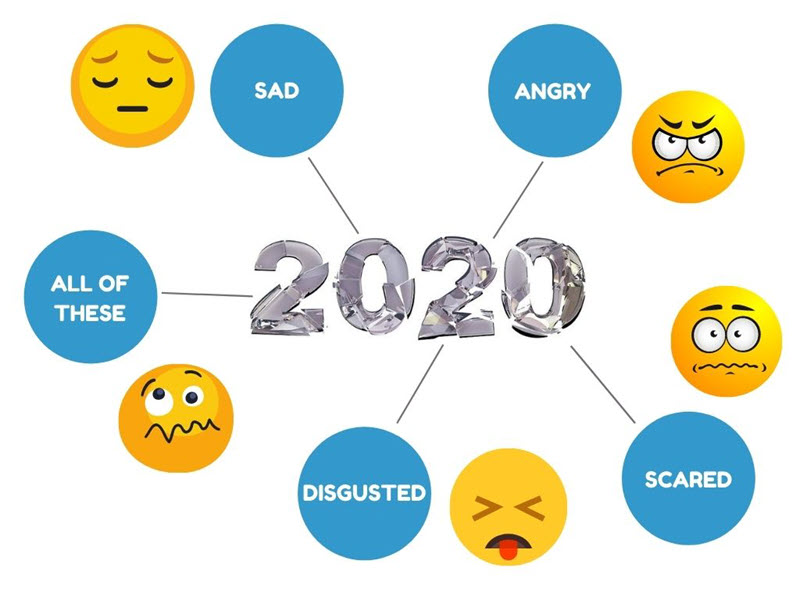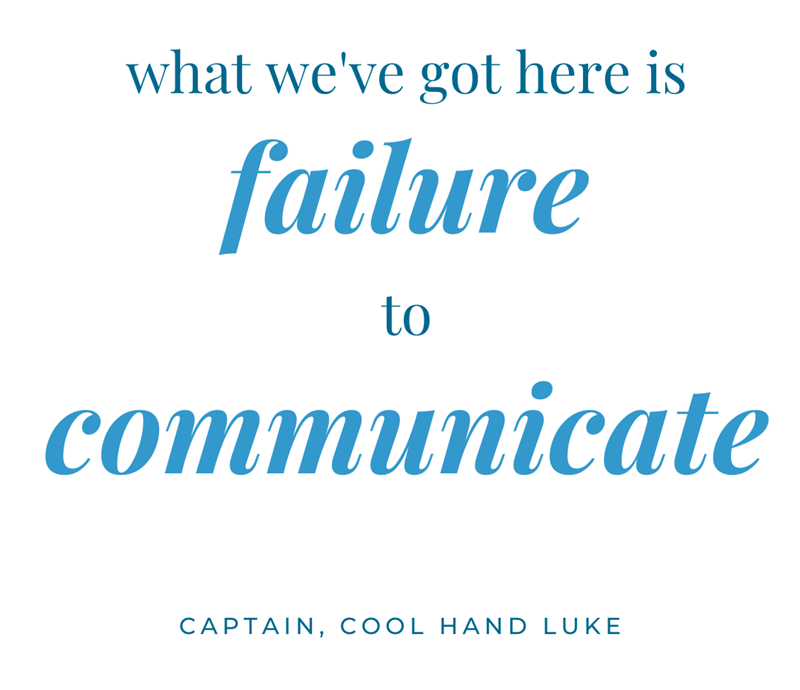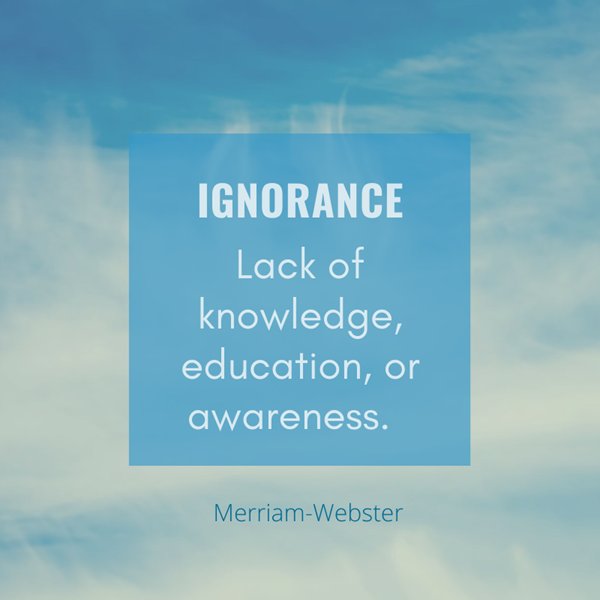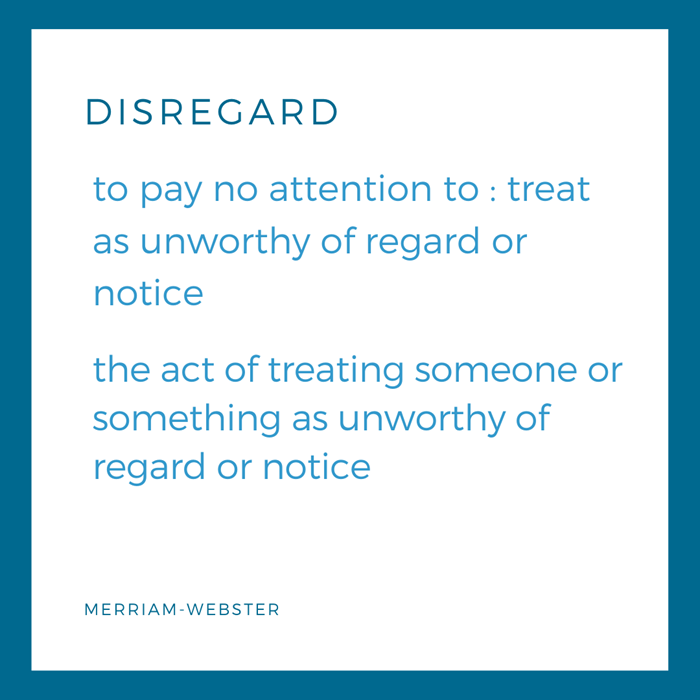 The year 2020 may be the poster child for a communication crisis.
The year 2020 may be the poster child for a communication crisis.
- Misinformation about a deadly global pandemic
- Worldwide political and cultural clashes
- Racial injustice and violence
As much as we blame 2020, events like these do not happen overnight.
We all need collaboration – in our business and personal relationships. It’s what brings people together to work toward a shared, desired outcome. Example: the launch of a new product – or for parents, the raising of a child – or a movement to stop racism.
But, when communication breaks down, so, too, does your collaboration.
Poor communication creates a crisis that if unchecked, crushes collaboration. Click To TweetWhat Causes a Communication Crisis?
Did you play the game telephone as a child (also called Chinese whispers)? It begins with a phrase that each child whispers into the ear of the child next to them. Typically, the last message heard is very different from the first – sometimes with hysterical results.
Business communication often starts out innocently enough. But, it can quickly translate into a not-so-funny outcome.
- Like when you forget to loop in a key person on a project
- Or you assume everyone knows what to do
- And someone drops the ball
You can fix any of those missteps. So, how does a communication breakdown become a crisis?
When you ignore the problem. Kind of like ignoring a pandemic. Think about 2020. I know, I know, most of us would rather not. But, if you had to…
What one word describes the emotion 2020 stirs in you?
You may have a different word to describe how you feel about 2020. Some may even be printable. But, at a minimum, the following quote is the crux of most problems (in my humble opinion).
A communication crisis fuels our emotions. But, to understand how to deal with the crisis, we need to get to the root cause.
3 Root Causes of Poor Communication
The fallout from poor business communication takes many shapes.
- Morale issues in the workplace
- Customer dissatisfaction
- Lost business opportunities
Poor communication is often the mask to a more serious problem.
You can pull the weed you see but if you leave the root, your fix is only temporary. Sometimes you need to dig deep to find the root cause of poor communication.
Perhaps it’s a result of me getting older (probably), but I’ve come to recognize the critical role of communication. And that doesn’t change if you’re discussing professional or personal communication. Communication matters.
While wandering through my simple mind (always a scary event), I came up with three root causes to poor communication.
1. Ignorance
We are all ignorant, although few of us like hearing that. But, peel back the negative layer of the word and you can discover the truth of what I mean. So, let’s start with a definition.
I really like the following definition of ignorance.
Would you include the lack of awareness in your definition of ignorance? I like the concept that ignorance includes situations outside our personal experience. The vastness of the world ensures each of us can always learn something new.
Ignorance may be a simple missing fact or a more complex lack of information, such as the following.
- The date and time for an upcoming event
- The statistics for a market’s utilization of a specific program
- A lack of awareness or understanding of the black experience
When we create communication from a place of ignorance, the result can be disastrous – like the following example.
Most customers appreciate an honest, “I don’t know but I’ll find out for you.”
2. Fear
During my management days in my corporate career, I supervised two employees who supported multiple teams for a large brokerage firm. One of those employees came from human resources and not the insurance side of employee benefits.
She rarely had questions, despite being so new to the industry. I realized her fear of exposing her lack of knowledge kept her from asking questions. I worked with the employee a long time to gain her trust until she believed it was okay if she didn’t understand the job. But, I needed her help to get her the training she needed.
Fear strangles communication into silence or releases screams in a protective shield.
When you couple ignorance with fear, the situation can turn frightening. Think 2020.
3. Disregard
When considering the root causes, my third element was a lack of listening. But, the lack of listening is again a symptom and not a cause. So, I thought of the numerous times the act of not listening has an impact on communication.
- The customer service representative who talks over an angry customer
- A project leader who refuses to allow a team member from expressing his/her view
- A company that never seeks feedback from employees or customers
In each instance, the individual or business fails to listen. But, why?
I played around with several different causes. As I love definitions, I returned to my friend, Merriam-Webster. I settled on Disregard based on the following definition.
While the definition is harsh, I feel it applies. Listening was a challenge for me. My mind raced with so many ideas, I had to spit them out. I knew it was a problem.
Regardless of your intent, think of what you communicate when you fail to listen.
- What that individual has to say is not important
- Your thoughts or ideas are more valuable
- You don’t respect the individual
Ouch. I’ve worked hard at improving my listening skills. It helps that my old brain doesn’t race with so many ideas. 😉
Averting a Communication Crisis
To have a successful collaboration, good communication is essential. When communication breaks down, look for the root cause.
- Ignorance – is the lack of knowledge, education, or awareness the cause? If so, go after the information you need. Educate yourself and be open and aware to other influences.
- Fear – learn to recognize and identify fear as a barrier to better business communication. Manage the fear through additional training, and trust-building activities.
- Disregard – are you actively listening to employees? To customers? To each other? Be silent before responding. Focus on listening to others. It’s not as simple as it sounds.
Most of all – do not ignore communication missteps. You could soon find yourself in a communication crisis.
What causes do you think contribute to poor communication? What would you do to remove those barriers to better business communication? Share your thoughts in Comments.
=====================
Helping you Keep it simple, clear & uniquely yours
=====================






0 Comments